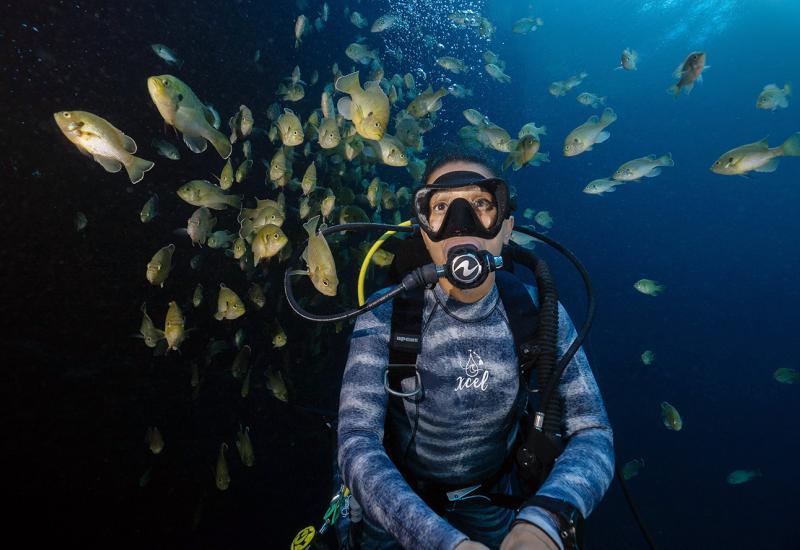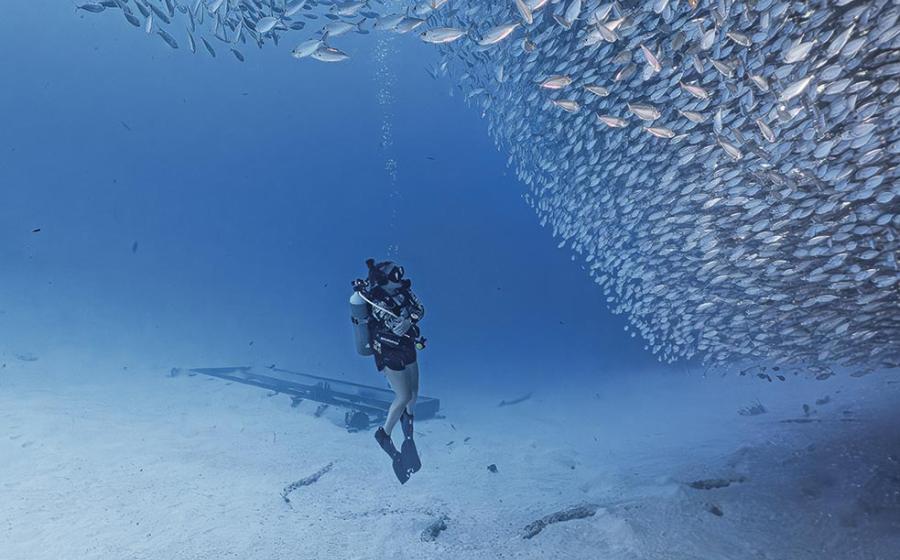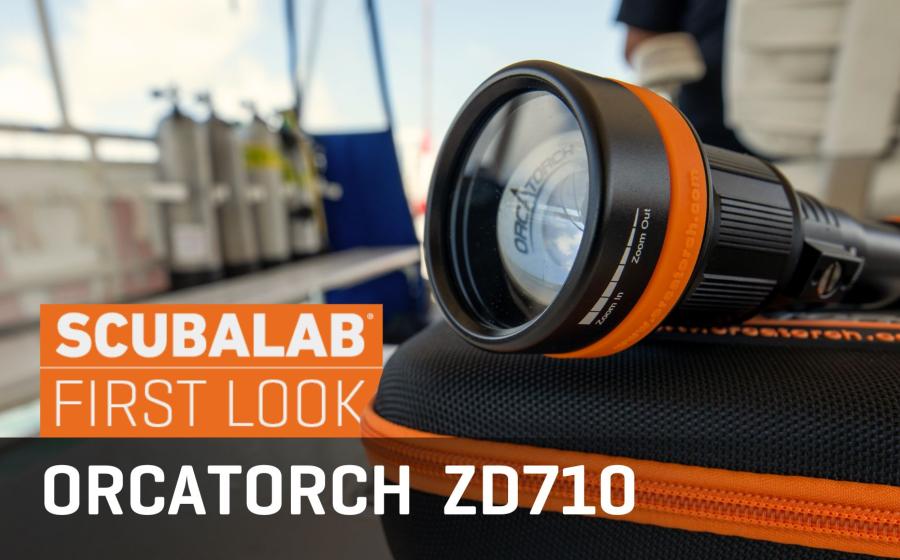Video: Behind the Scenes of the ScubaLab 2018 Knife Test
Part of ScubaLab's 2018 dive knife review involved testing corrosion resistance. This was intended to replicate a day of diving followed by gear maintenance, as well as situations where rinsing gear might be delayed.
First knives were submerged in salt water ( 5 ounces of sea salt per gallon) for 6 hours, then rinsed in fresh water, disassembled where possible and dried. Next the knives were submerged and left in salt water for 24 hours, then rinsed, disassembled and dried.
18 Brand-New Dive Knives Reviewed by ScubaLab
Different metals have different levels of resistance. Titanium blades are less likely to rust than their stainless steel counterparts, but even among stainless steel there can be variations. Non-magnetic steel is made up of less carbon atoms and is better at staving off rust, whereas magnetic steel rusts much more readily. When purchasing a knife, keep in mind that some knives feature screws or other hardware and that these metal pieces can also rust without proper maintenance.










